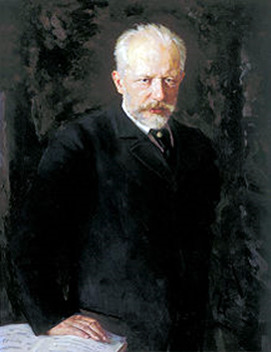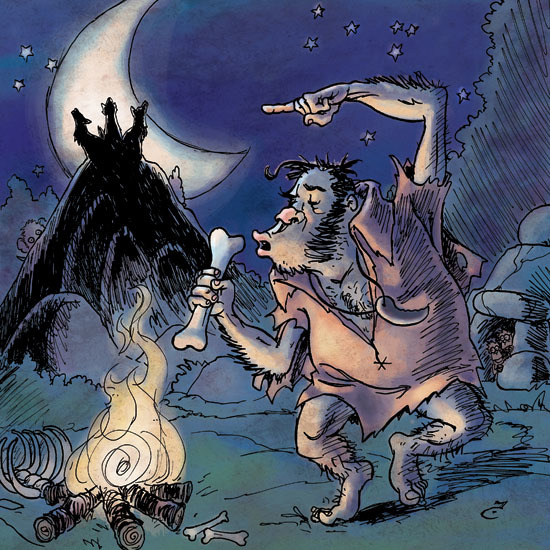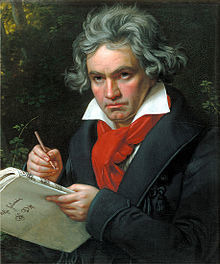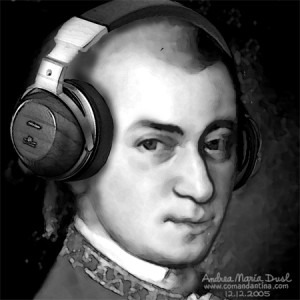Why are there so many songs about love? Regardless of whether it is country music, pop music or classical music, songs about love and romance have always made up the greatest proportion. In fact, the world’s oldest song ever discovered
Sciences
Given the way medical advancements have significantly prolonged life expectancies around the world, it is hard to imagine that old-age diseases such as cholera are still affecting people in our world today. The 2010s cholera epidemic that hit Haiti has
What Does Singing Have to Do With Increasing Human’s Rate of Survival When Charles Darwin proposed the theory of Evolution, it quickly became common knowledge that organisms constantly adapt to their environment for survival. This is where the catchphrase “survival
Have you ever heard the song Gloomy Sunday, the 1933 tune composed by Hungarian pianist and composer Rezső Seress? This song is said to be the saddest tune ever composed, and is rumoured to have sparked hundreds to commit suicide.
Picture in your head an image of an opera singer. Like many people, you may see the stereotype of a fat lady in an extravagant gown belting it out like there was no tomorrow. Why are opera singers fat? Or,
He is the youngest person to have his US number 1 hit at the age of 13. He has had over 100 million albums sold, over 30 U.S top-ten hits, 25 Grammies, 10 US number-one hits on the pop charts,
The musical genius of Beethoven, though witnessed over 200 years ago, is still deeply admired by many because Ludwig van Beethoven once described his talent saying, “I keep a thought in my mind for a very long time. I am
In 1993, Dr Frances Rauscher and her colleagues from the Centre of Neurobiology of Learning and Memory, University of California published a letter in “Nature” magazine that shook the music world. The report suggested that listening to Mozart’s music could








